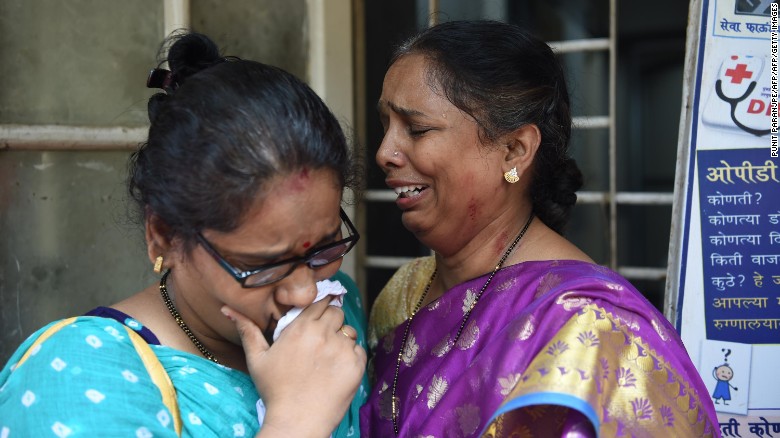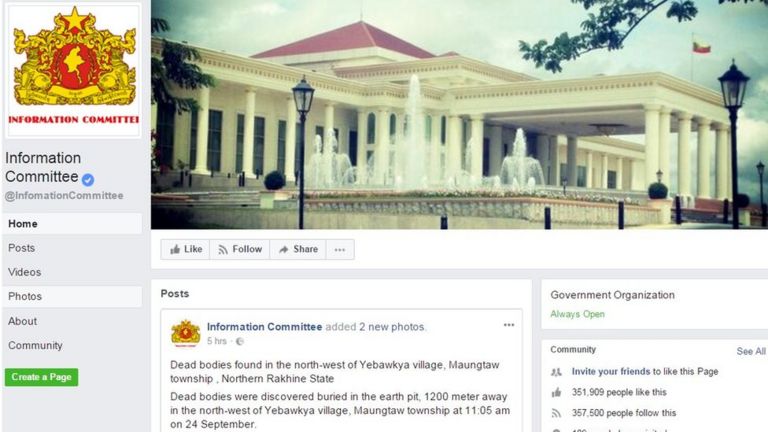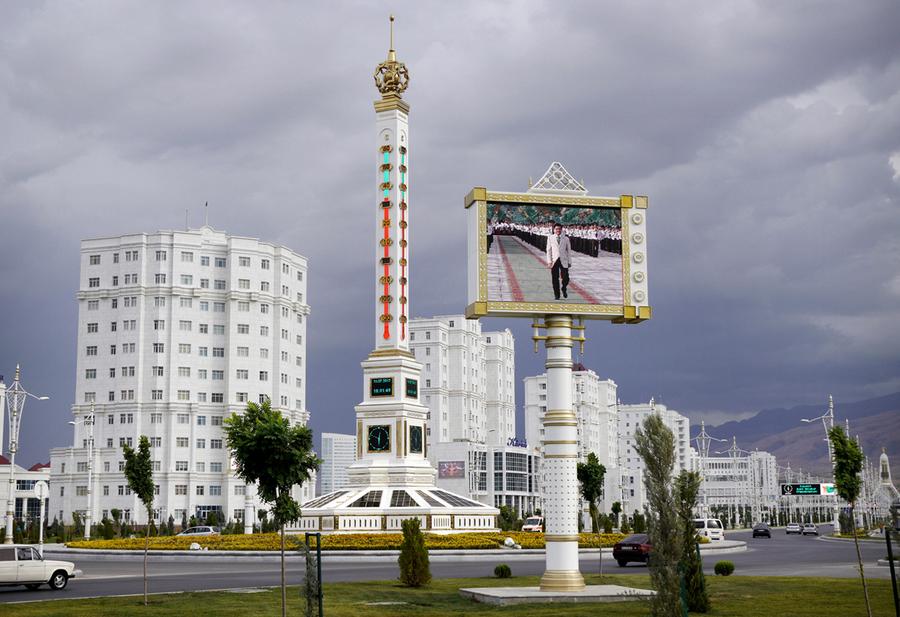By: Brian Kim
Impunity Watch Reporter, Asia
BANGKOK, Thailand – On September 27, 2017, the Supreme Court of Thailand convicted Yingluck Shinawatra, former Prime Minster of negligence and sentenced her to five years in prison. The former prime minister was found negligent for her government’s role in a rice-subsidy program that cost the country billions of dollars.

Under Yingluck’s government, the country’s rice farmers were paid 50% above market prices which lead to a large stockpile of grain. This scheme was planned with the intention of driving up prices for the global market. However, due to the fluctuation in prices, Vietnam became the world’s leading rice exporter.
For many years, Thailand went through power struggles between the traditional elites and the Shinawatra family. Yingluck’s brother, Thaksin Shinawatra served as the country’s prime minister for five years. He was ultimately ousted in 2006. Despite the country being controlled by the Shinawatra family since 2001, many judicial actions and two military coupes have impacted their control. In 2014, Yingluck, who served as the country’s first female prime minister was removed from office.
The Shinawatra family supported the rural poor through their populist policies while the traditional elites portrayed the family as corrupt and power-hungry. Before Yingluck left the country, she maintained her innocence and accused the military government of political persecution.
Last month, the current regime convicted a former commerce minister under Yingluck’s government to 42 years in prison for falsifying the rice deal.
Reuters – Fugitive former Thai PM Yingluck gets five years’ jail in absentia – 26 September, 2017
NYT – Yingluck Shinawatra, Ex-Leader Who Fled Thailand, Gets 5-Year Sentence – 27 September, 2017


